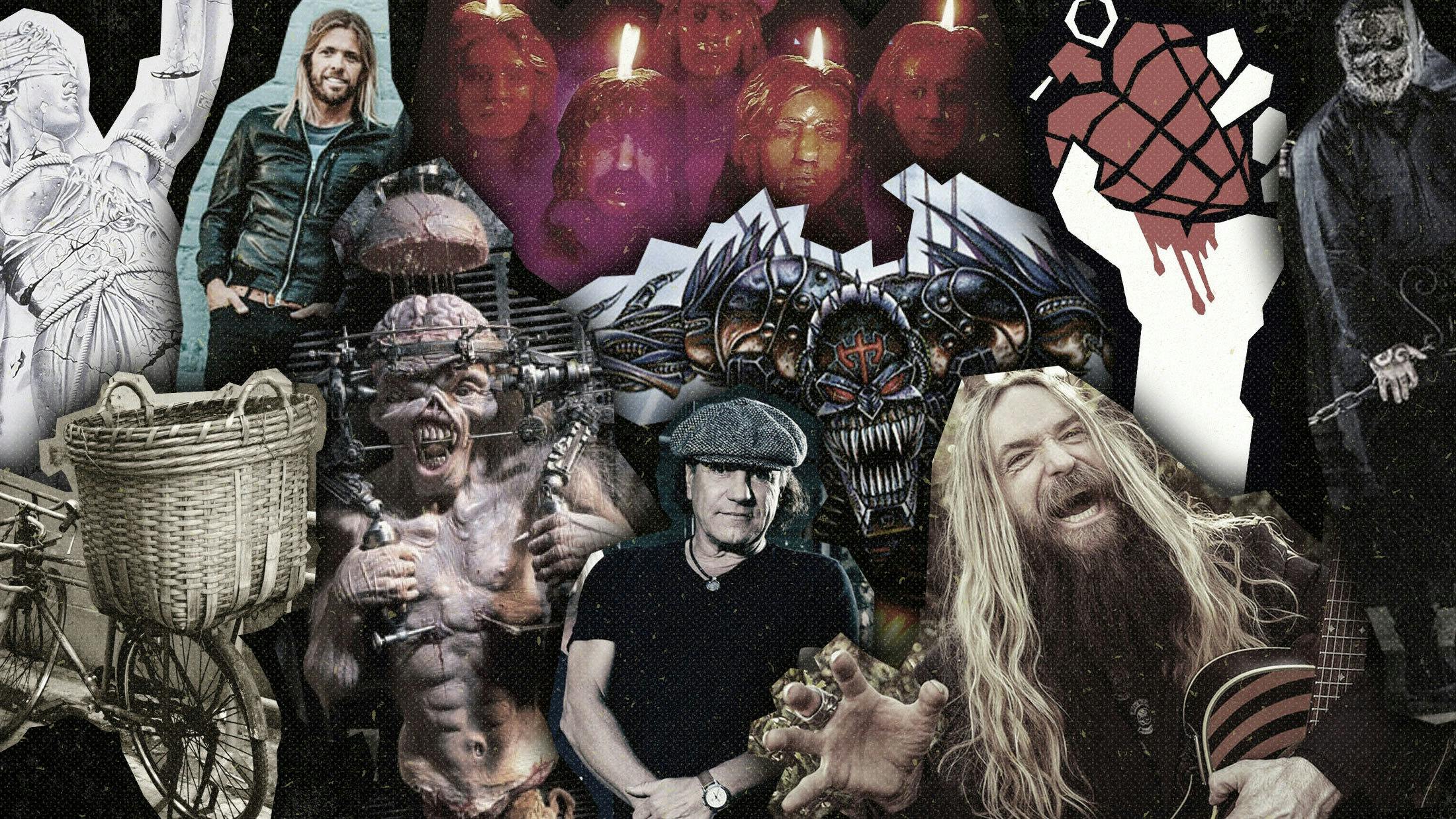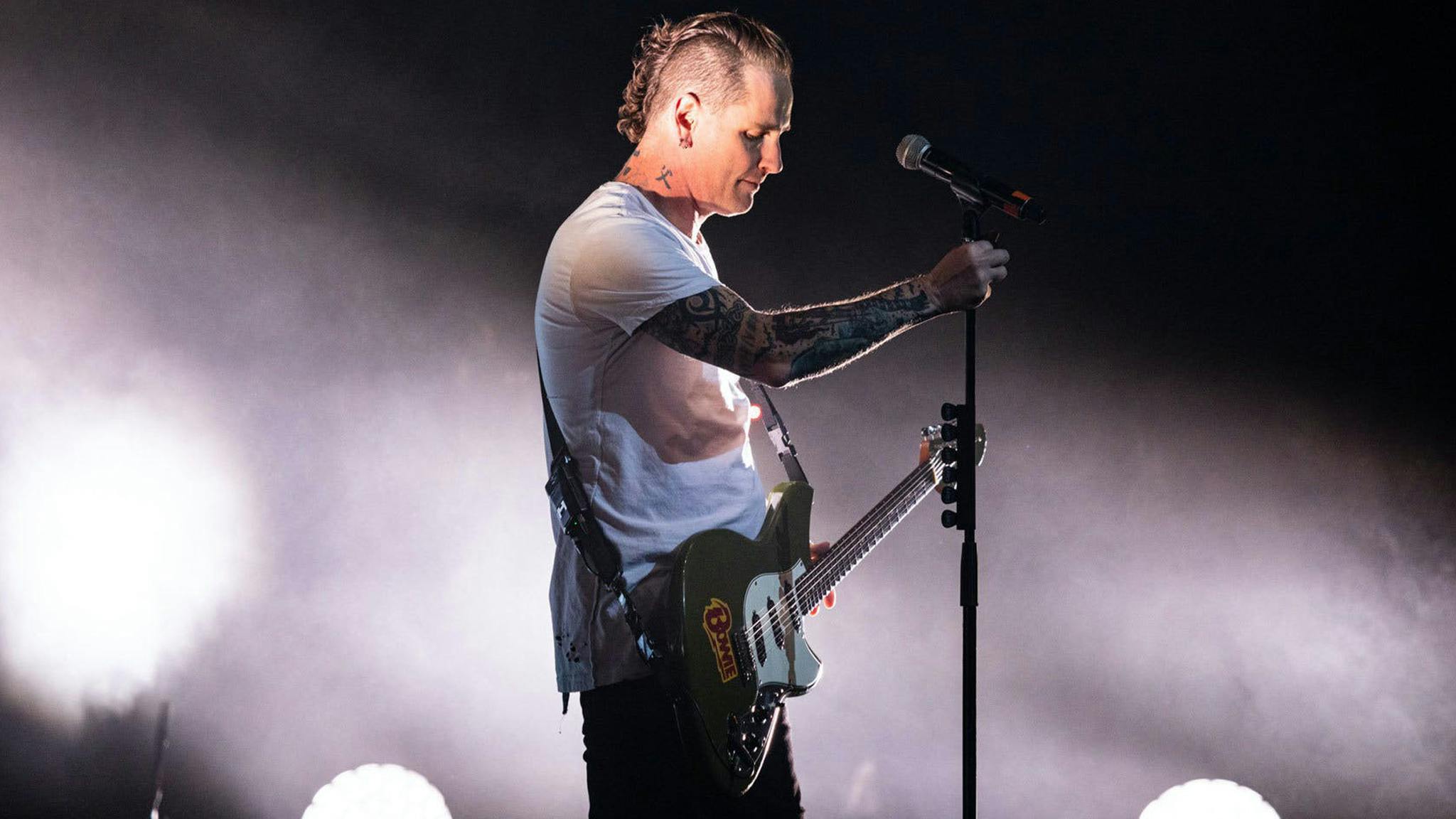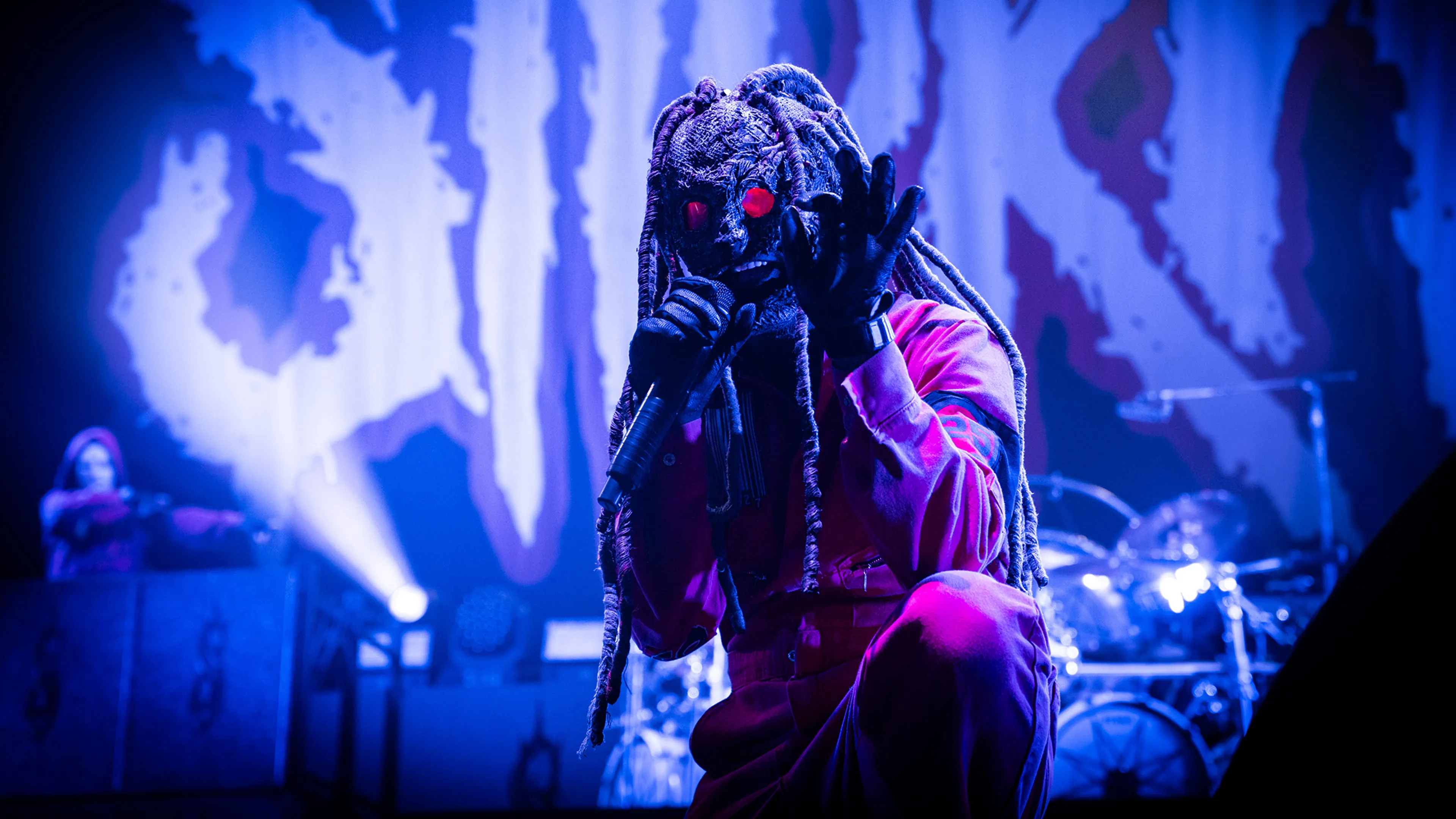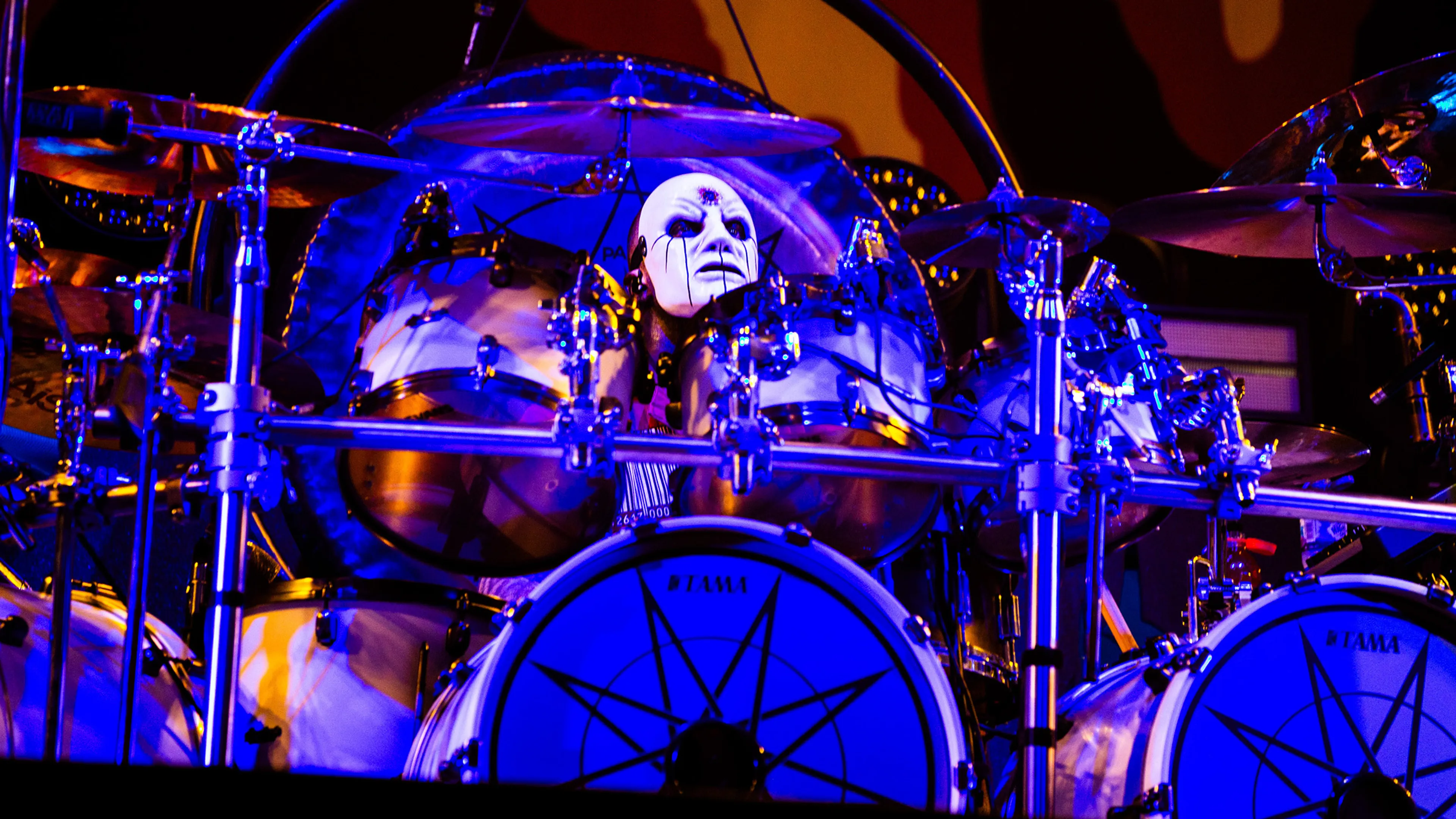AC/DC were an internationally successful band on the verge of megastardom when vocalist Bon Scott passed away, following a reported binge in London. When they decided to carry on, the rest of the band recalled a frontman Bon himself had raved about after catching Brian Johnson’s moderately successful band Geordie. Remembering that night, Brian told the New York Post in 2011, “I had a terrible case of appendicitis, and I went down on my side, kicking and going, ‘Ooh!’ But I kept on singing. Apparently, [Bon later] told the boys, ‘I saw this guy Brian Johnson sing, and he was great. He was on the floor, kicking and screaming – what an act!’ Of course, it wasn’t an act. I was really ill.” The singer’s audition with AC/DC went great and the new-look band went on to make one of the most successful albums of all time in 1980’s Back In Black.








